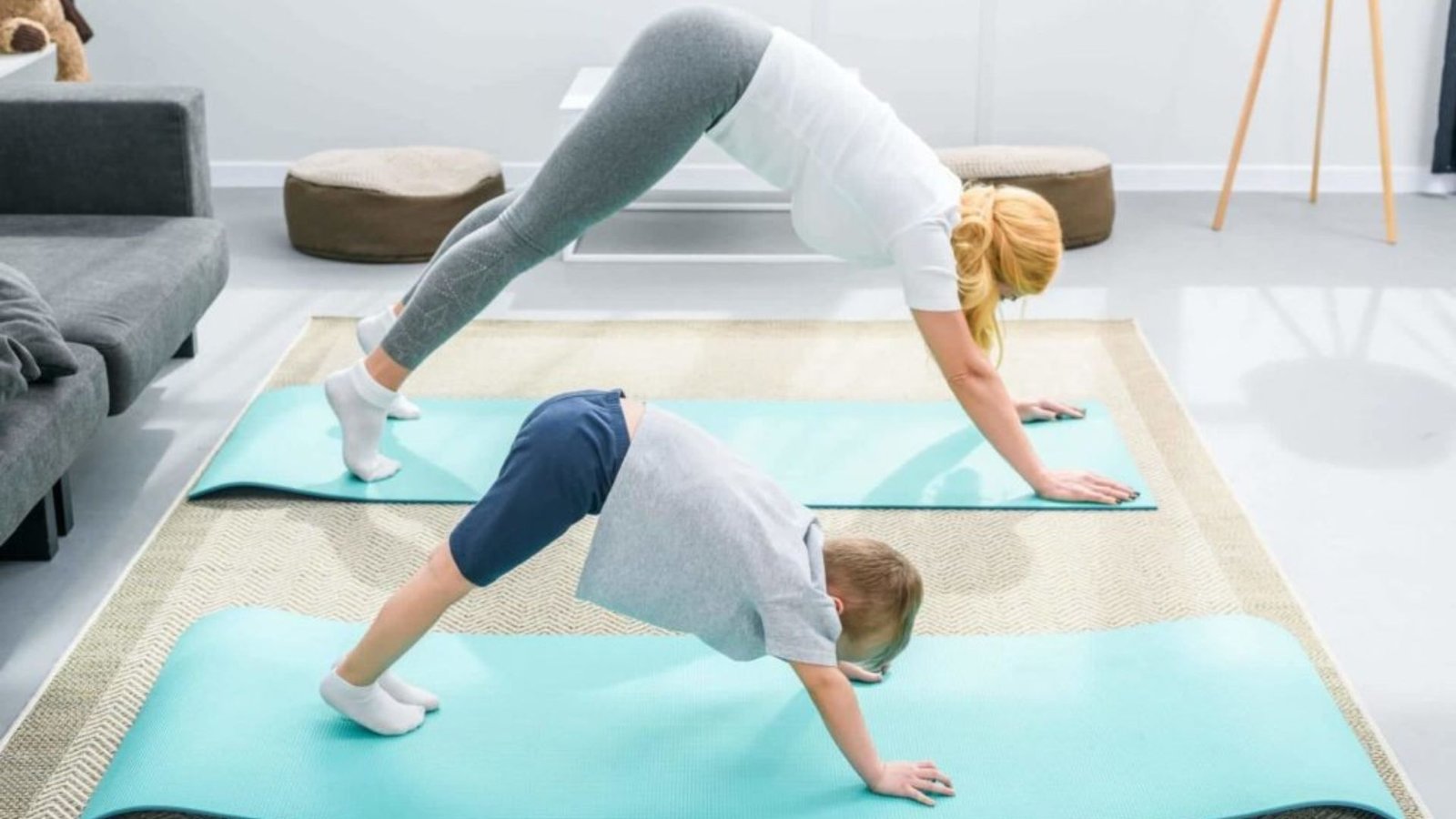Regular physical exercise is one of the best things you can do for your health. It improves your physical, mental, and emotional well-being. Whether you enjoy running, swimming, cycling, or yoga, a regular physical exercise routine offers countless benefits. In this article, we’ll explore the various ways exercise can positively impact your life and why it’s important to make it a consistent part of your daily routine.

1. Boosts Cardiovascular Health
One of the primary benefits of regular exercise is its positive impact on cardiovascular health. Exercise strengthens the heart, improves blood circulation, and helps lower blood pressure. Activities like walking, jogging, swimming, or cycling can reduce the risk of heart disease by promoting healthy blood flow and reducing harmful cholesterol levels.
Moreover, regular cardiovascular exercise helps maintain a healthy weight, which further reduces the strain on the heart. Overall, incorporating exercise into your routine can significantly lower your risk of heart-related illnesses.
2. Supports Weight Management
Exercise plays a crucial role in weight management. By increasing physical activity, you burn more calories, which helps maintain or reduce body weight. Regular exercise not only burns calories during the activity itself but also boosts your metabolism, which helps you continue burning calories even after the workout.
In addition, strength training exercises such as weightlifting help build muscle mass, which in turn increases your metabolism. This makes it easier to maintain a healthy weight and avoid obesity, a risk factor for many chronic diseases.
3. Improves Mental Health and Reduces Stress
Exercise isn’t just good for the body—it’s great for the mind too. Regular physical exercise has been shown to reduce stress, anxiety, and depression. When you exercise, your body releases endorphins, chemicals that act as natural mood lifters.
These endorphins help improve your mood and can lead to a sense of well-being, even after just a short workout. Exercise can also help manage symptoms of anxiety and depression by offering a healthy distraction from negative thoughts and providing a sense of accomplishment.
4. Strengthens Muscles and Bones
Regular physical activity is essential for maintaining strong muscles and bones. Weight-bearing exercises, such as walking, running, or resistance training, increase bone density and help prevent bone loss as you age. This is especially important for older adults, as it helps prevent osteoporosis and fractures.
In addition to bone health, exercise strengthens muscles and increases flexibility, improving your overall strength and posture. Strong muscles support the joints and reduce the risk of injuries. Exercise also improves balance and coordination, which is vital for preventing falls.
5. Boosts Immune System Function
Regular exercise can help boost your immune system, making it easier for your body to fight off illnesses and infections. Moderate exercise has been shown to increase the production of white blood cells, which are responsible for fighting infections.
On the other hand, over-exercising can temporarily suppress the immune system, so it’s important to maintain a balanced routine. Aim for at least 30 minutes of moderate exercise most days of the week to support a healthy immune response.
6. Enhances Sleep Quality
Struggling with poor sleep? Exercise can help improve the quality of your sleep. Physical activity promotes relaxation and helps regulate your body’s natural sleep-wake cycle. It can help you fall asleep faster, sleep more deeply, and wake up feeling more refreshed.
However, try to avoid vigorous exercise too close to bedtime, as it can make it harder to fall asleep. Aim to complete your workouts a few hours before bed for the best sleep benefits.
7. Improves Brain Health and Cognitive Function
Exercise has been linked to improved brain health and cognitive function. Regular physical activity helps increase blood flow to the brain, which can enhance memory, concentration, and overall cognitive abilities.
In fact, studies show that exercise may reduce the risk of cognitive decline and conditions like Alzheimer’s disease in older adults. Exercise also stimulates the release of chemicals that support brain cell growth, improving your ability to learn and retain information.
8. Increases Energy Levels
Feeling tired or sluggish? A regular exercise routine can actually boost your energy levels. While it may seem counterintuitive, engaging in physical activity increases oxygen flow and helps circulate nutrients throughout your body. This, in turn, improves overall energy levels and reduces feelings of fatigue.
Regular exercise strengthens your cardiovascular system, allowing your body to deliver more oxygen and nutrients to tissues, which results in greater stamina and energy throughout the day.
9. Improves Longevity and Quality of Life
Incorporating regular exercise into your routine can increase your lifespan and improve your overall quality of life. Studies show that those who exercise regularly tend to live longer, healthier lives, with a reduced risk of chronic diseases such as heart disease, diabetes, and cancer.
Exercise also promotes healthy aging by maintaining physical and cognitive function, helping you stay active and independent as you age. A physically active lifestyle can contribute to greater independence, mobility, and a higher quality of life in later years.
10. Promotes Better Social Connections
Exercise, especially when done in group settings, can promote social connections and improve your sense of community. Joining fitness classes, sports teams, or group activities can help you meet new people and form lasting friendships.
Social connections are important for mental health, as they provide emotional support, reduce feelings of loneliness, and improve overall well-being. Exercising with others also helps hold you accountable and keeps you motivated to stick with your fitness routine.
Conclusion
A regular physical exercise routine offers a wide range of health benefits, from improving physical health to enhancing mental well-being. By incorporating exercise into your daily life, you can enjoy better cardiovascular health, manage your weight, reduce stress, strengthen muscles and bones, and improve sleep quality. Furthermore, regular exercise can boost energy, promote cognitive function, and increase longevity.
No matter your age or fitness level, starting a regular exercise routine today can improve your overall health and well-being. Remember, even small steps—like going for a walk or stretching daily—can make a big difference. Prioritize your health and make physical activity a consistent part of your life!











